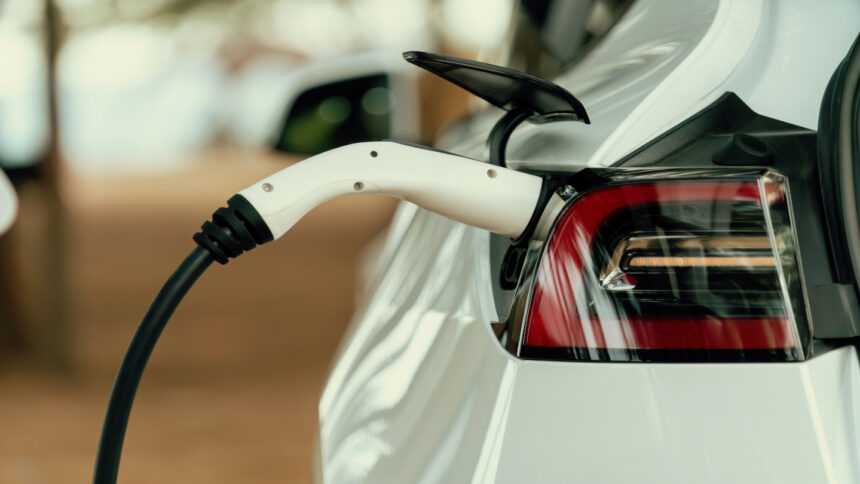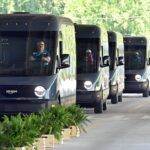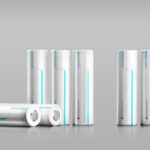Chinese electric vehicle (EV) manufacturers in 2025, such as Nio and Li Auto, are continuing to offer buying incentives as the price war in the world’s largest auto market enters its third year. Li Auto, for example, has introduced cash subsidies of 15,000 yuan ($2,055) per car purchase, along with a three-year zero-interest financing scheme. Similarly, Nio has launched a zero-interest loan plan for buyers of its Nio- and Onvo-branded EVs.
These incentives are aimed at boosting purchases ahead of the new year’s government subsidy schemes. By mid-December, over 5.2 million cars have been sold with the benefit of Chinese government subsidies. China has indicated it will extend consumer goods trade-ins into 2025, although nationwide policy details are still pending.
In the capital city of Jiangsu province, Nanjing, subsidies of up to 4,000 yuan ($547) per car purchase will be maintained this year. Chinese authorities plan to issue 3 trillion yuan in special treasury bonds to stimulate the economy through fiscal measures and subsidies.
A local EV player, expected to outsell global giants like Ford and Honda, has been offering discounts of up to 11.5% on two models, one hybrid and one EV since December. Tesla, which kickstarted the price war last year, has extended a 10,000 yuan discount on outstanding loans for its Model Y in China until the end of the month.
Sales of EVs and plug-in hybrids, known as new energy vehicles (NEVs) in China, exceeded 10 million units last year, driven by government-subsidized trade-ins of up to 20,000 yuan each. However, autos-related retail sales saw a 0.7% year-on-year decline in the first 11 months, contrasting with a 3.5% increase in China’s total retail sales, underscoring the impact of price cuts.
Overall, the continued extension of buying incentives by Chinese EV manufacturers reflects the intense competition in the market and the ongoing efforts to drive consumer demand for electric vehicles.





